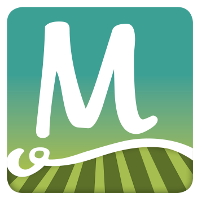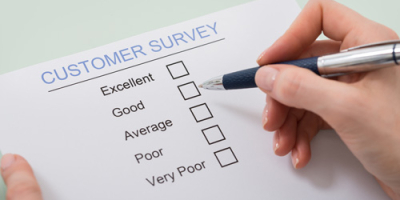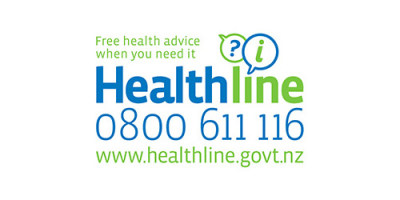The Clued-up Kids programme
Clued Up Kids is a multi-agency programme teaching primary school-aged children confidence and life skills to help them stay safe in a range of real-life scenarios.
The programme runs in primary schools in the Nelson, Tasman and Marlborough regions. The agencies involved include:
- Nelson Marlborough Health Public Health Service
- Tasman, Nelson and Marlborough councils
- Primary health organisations
- NZ Police
- Fire Emergency NZ
- Civil Defence
- New Zealand Red Cross






